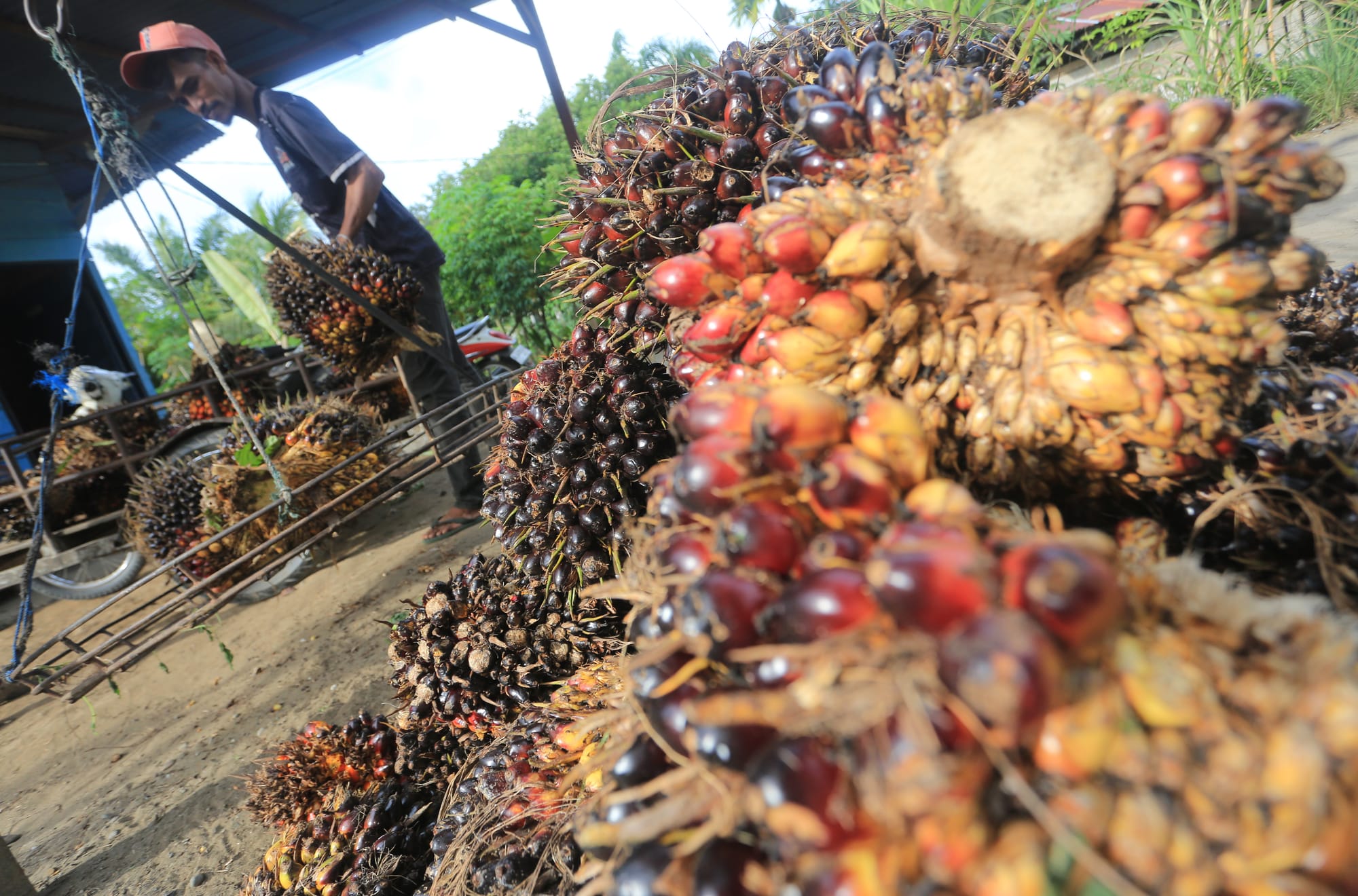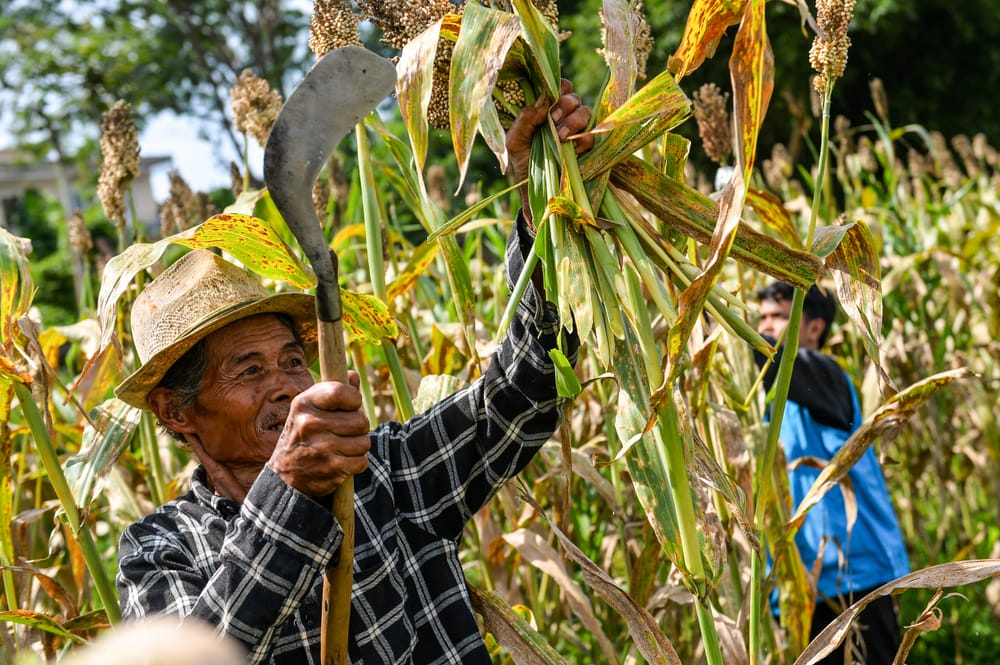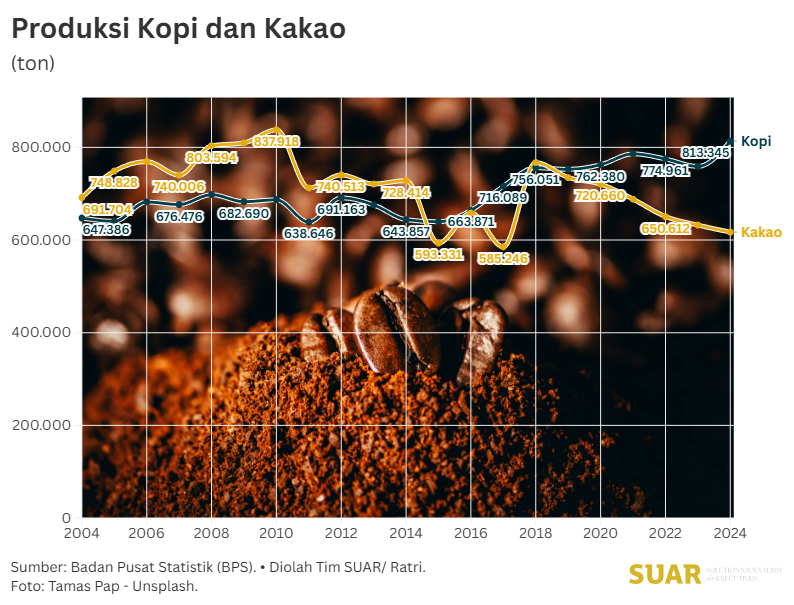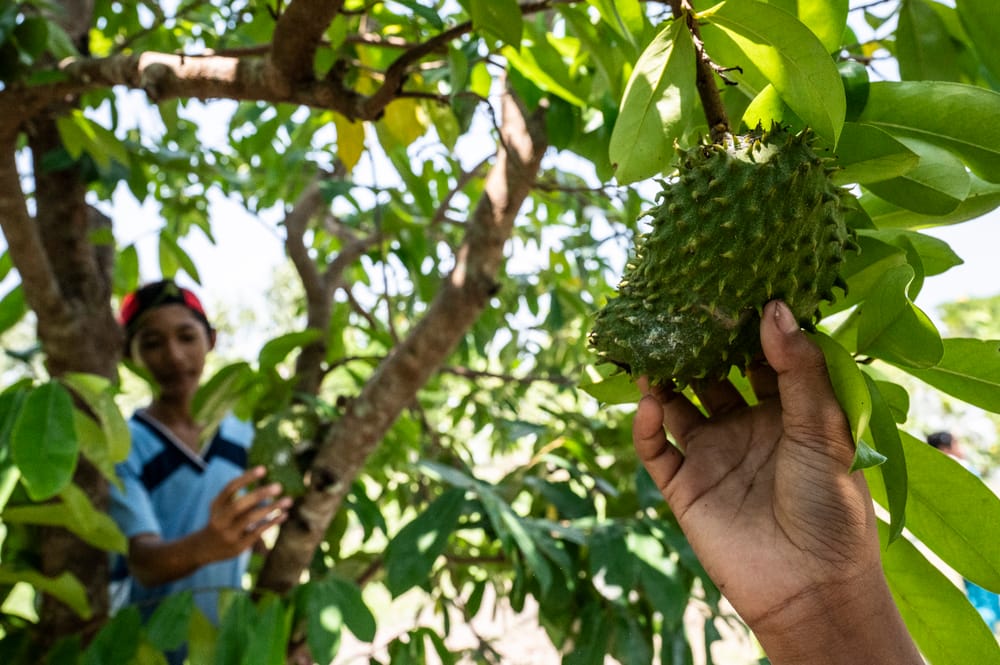Indonesia is currently promoting downstreaming of plantations by strengthening partnerships between farmers, the private sector and the government to support the sustainability of Indonesia's oil palm sector.
This can be done through a plasma oil palm plantation program where large oil palm companies provide 20 percent of their total Cultivation Rights (HGU) to be managed by local communities.
One of Wilmar Group's subsidiaries, PT. Perkebunan Milano, signed a memorandum of understanding (memorandum of understanding/MoU) for the Partnership Plantation Program with the Seira Mandiri Jaya Producer Cooperative in Sei Rakyat Village, Labuhanbatu Regency, North Sumatra.
This program is a form of the company's commitment to supporting the improvement of farmers' welfare around its operational areas.
In the agreement, PT Perkebunan Milano will provide support to cooperative members in the form of technical guidance, access to capital, and guarantees for marketing yields. Through this partnership, the community gets the opportunity to manage plasma plantations better and more sustainably.
The Head of the Seira Mandiri Jaya Producer Cooperative, Edi Saputra, expressed his hope that this MoU can increase the productivity of fresh fruit bunches (FFB) of oil palm farmers, which currently averages around 700 kg per hectare (ha) per year.
The low productivity is due to the use of uncertified seeds and fertilization practices that do not meet standards.
"Farmers have indeed planted oil palm, but it is still rudimentary because we only know how to plant. With this MoU, we hope that productivity can approach company standards," Edi said in his press release received by SUAR in Jakarta.
In the initial phase, the plasma partnership program will cover approximately 71 ha, and will be further expanded to 115 ha. This program will be followed by 38 farmer cooperative members.
"With this assistance, we are optimistic that we can achieve better welfare," he said.
Real contribution
The Head of the Agriculture Department of Labuhanbatu Regency, Agussalim Ritonga, appreciated the company's commitment to complying with regulations regarding plasma formation. He assessed that the program will make a real contribution to farmers and the regional economy.
"We really appreciate it, because this program will have a significant impact on improving the economy in the region," he said.
The Village Unit Cooperative (KUD) for Oil Palm Plantations, Maju Jaya, a plasma of PT Buluh Cawang Plantation, Wilmar Group, successfully carried out the first harvest of oil palm replanting in just 30-33 months after planting, which is faster than the initial prediction of 36 months.
The Head of KUD Maju Jaya, I Ketut Sana, said that the replanting process started in 2019 and the first planting was carried out in April 2020.
The faster harvesting is due to good cooperation between the plasma KUD and the company, accompanied by the implementation of good agricultural practices (GAP), in the form of using superior seeds, appropriate timing and dosage of fertilization, plantation extension workers, and pest control.
He explained that the harvest was not carried out simultaneously because replanting was carried out in stages in several waves and it is estimated that next month all farmers will be harvesting.
The total area of oil palm land owned by KUD members is currently 600 hectares (ha), which is managed by around 300 plasma farmers.
Previously, the productivity of oil palm belonging to KUD members was only 14 tons per ha per year. With these superior seeds, he said, the productivity is estimated to have the potential to reach yields of up to 30 tons per ha per year.
The KUD received replanting funds from the Palm Oil Plantation Fund Management Agency of Rp25 million per ha.
Currently, KUD members are also in the process of obtaining Indonesian Sustainable Palm Oil (ISPO) certificates.
Increase Farmers' Income
Acting Director General of Plantations at the Ministry of Agriculture, Abdul Roni, said that the main benefit obtained from oil palm partnerships is increasing the productivity and income of farmers.
Partnerships ensure a stable supply of raw materials for industry, as well as price stability for Fresh Fruit Bunches (FFB) for planters.
"The Ministry of Agriculture encourages farmers to group together in institutions such as Farmer Groups (Poktan), Joint Farmer Groups (Gapoktan), or Cooperatives to obtain greater benefits," he told SUAR in Jakarta (7/10).
IPB Agricultural Observer Dwi Andreas said that in carrying out partnerships, make sure there are principles that are adhered to, the aim is that both parties, both farmers and companies, are equally comfortable.
Some of the principles include certainty in establishing partnerships, not just discourse.
The principle of equality is also important to prevent power imbalances and ensure mutual benefits.
"Transparency regarding the interests and expectations of each party must also be discussed," he told SUAR in Jakarta (7/10)






